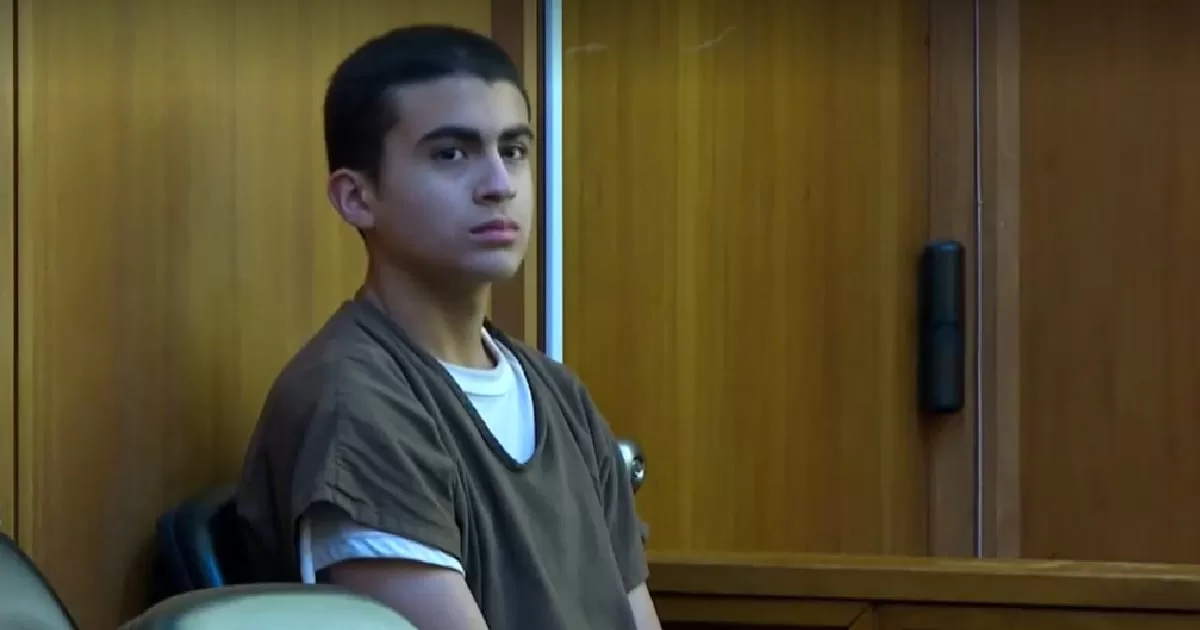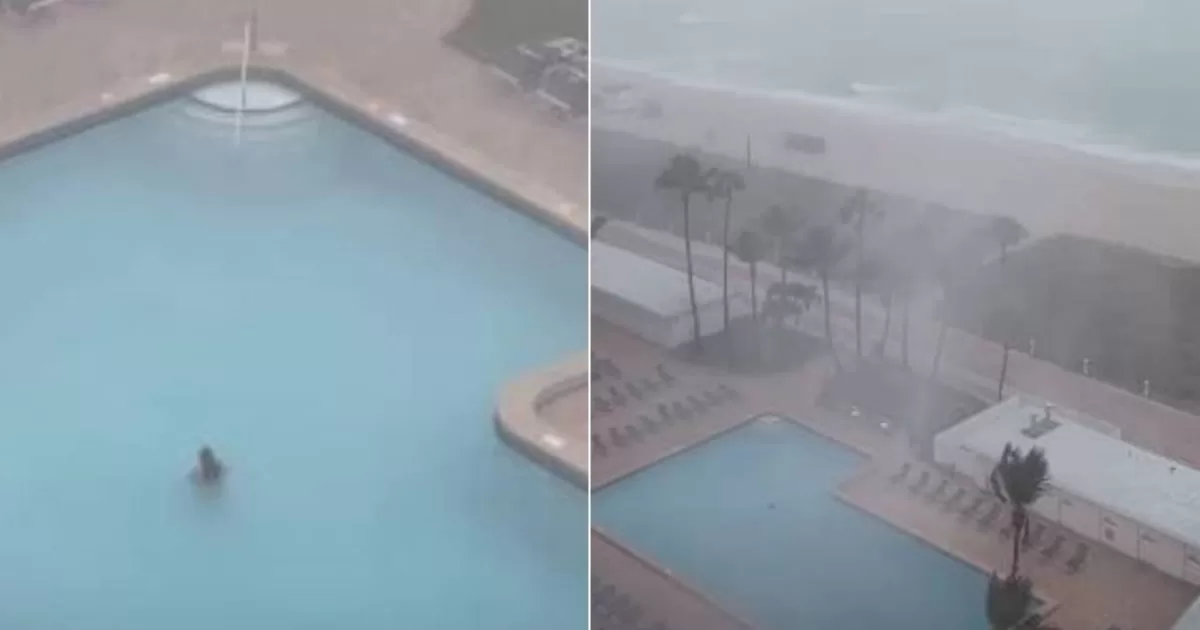This Wednesday, in the middle of a outbreak that registers more than 56 thousand cases, according to the latest Epidemiological Bulletin, and at least 48 deaths, the National Administration of Medicines, Food and Medical Technology (ANMAT) approved the use of a dengue vaccine known as Qdengadeveloped by the Japanese laboratory Takeda.
As confirmed infobae from Ministry of Health and laboratory sources, the vaccine will be available to all people older than 4 years who have previously had, or not, the disease transmitted by the mosquito Aedes aegypti, without the need for confirmatory blood tests prior to administration. He The scheme includes two doses that must be applied spaced at an interval of 3 months.
Also, the Ministry of Health national reported that there was a meeting “with specialists and experts to analyze the different approved vaccines against dengue or in process of approval”, information that had been detailed by infobae when pointing out the inoculants against the disease. The meeting was attended by “representatives of the Takeda laboratory, the Butantan Institute of Brazil and of the Sanofi-Pasteur laboratorywho presented an update of the Phase III studies of their dengue vaccines.
In this tone, it is worth reviewing The present of dengue vaccines in Argentina and how they apply to the rest of the world.
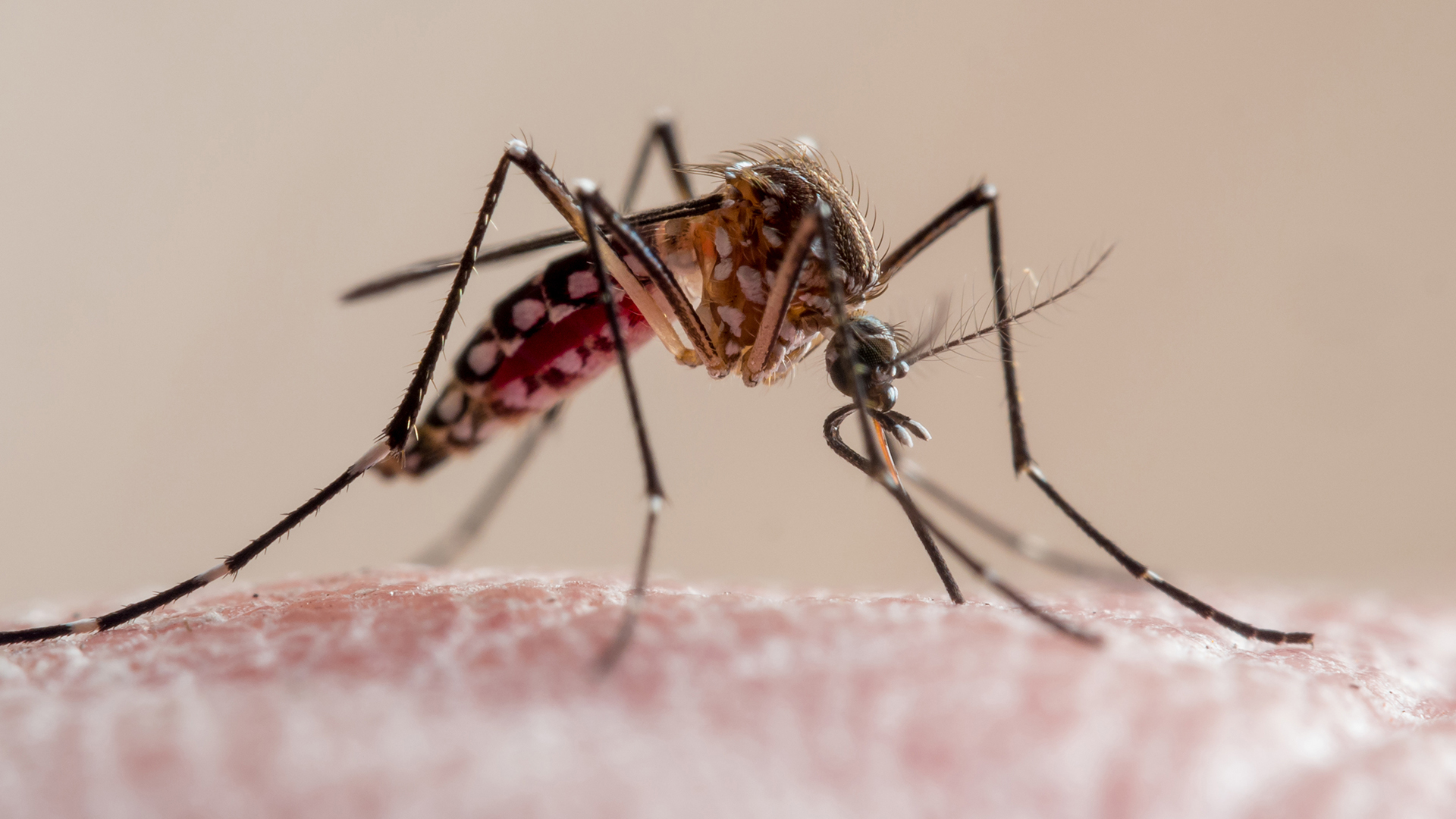
With a overall effectiveness of 80.2%, the aforementioned Qdenga is recommended for a large audience: from 4 to 60 years. The Ministry of Health told this medium that the Japanese pharmaceutical company “will begin the production process to be able to send the first batch to the country.” Meanwhile, from Takeda they deepened: “The laboratory is working to shorten production and distribution times, estimating that it will be available in the country by mid-spring.”
In December 2022, the European Union (EU) endorsed the use of Qdenga and, some time later, the National Health Surveillance Agency of Brazil (anvisa). “The demonstration of the efficacy of the Qdenga vaccine is mainly supported by the results of a large-scale Phase III study, controlled with placebo and carried out in dengue-endemic countries, with the objective of evaluating the efficacy and safety”, they valued. from the Brazilian entity.
Another dengue vaccine that is approved in Argentina is Dengvaxia, a tetravalent formula that was developed by the laboratory Sanofi-Pasteur. Produced with live microbes weakened or attenuated through recombinant DNA technology, this inoculant is applied in a 3-dose schedule at 0, 6, and 12 months.
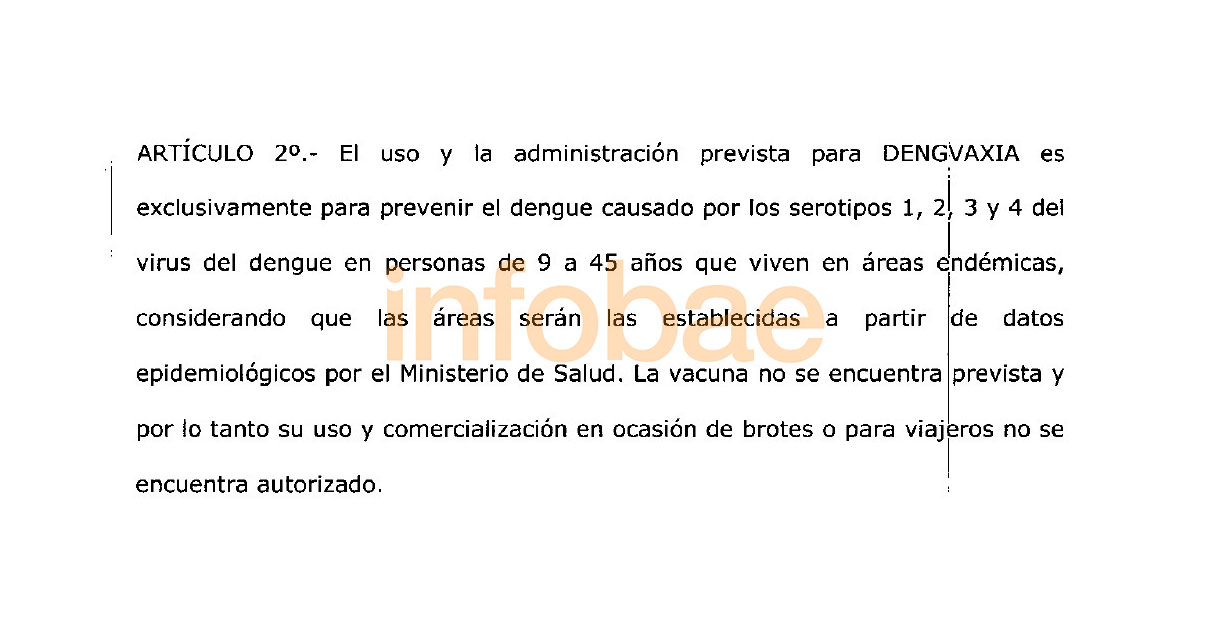
In 2017, the ANMAT authorized Dengaxia “exclusively to prevent dengue caused by serotypes 1, 2, 3 and 4 of the dengue virus in people between the ages of 9 and 45 who live in endemic areas, considering that the areas will be those established from of epidemiological data by the Ministry of Health. The vaccine is not planned and, therefore, its use and marketing during outbreaks or for travelers is not authorized. (…) That the condition of sale be authorized under special conditions, under medical prescription”, as stated in the official document accessed by this medium.
In turn, the World Health Organization (WHO) suggested Dengvaxia “only in geographic settings (national or subnational) where epidemiological data indicate that there is a high burden of disease.” Thus, some countries such as Mexico, Brazil, the Philippines, Peru and Singapore endorsed its application.
Recently, infobae talked with Florence Esquivel, medical director of Sanofi Vaccines for the Southern Cone. “The dengue vaccine is approved in nearly 30 countries in Latin America and Asia where the burden of the disease is high. In the Southern Cone, it has been privately marketed only in Paraguay since November 2016.
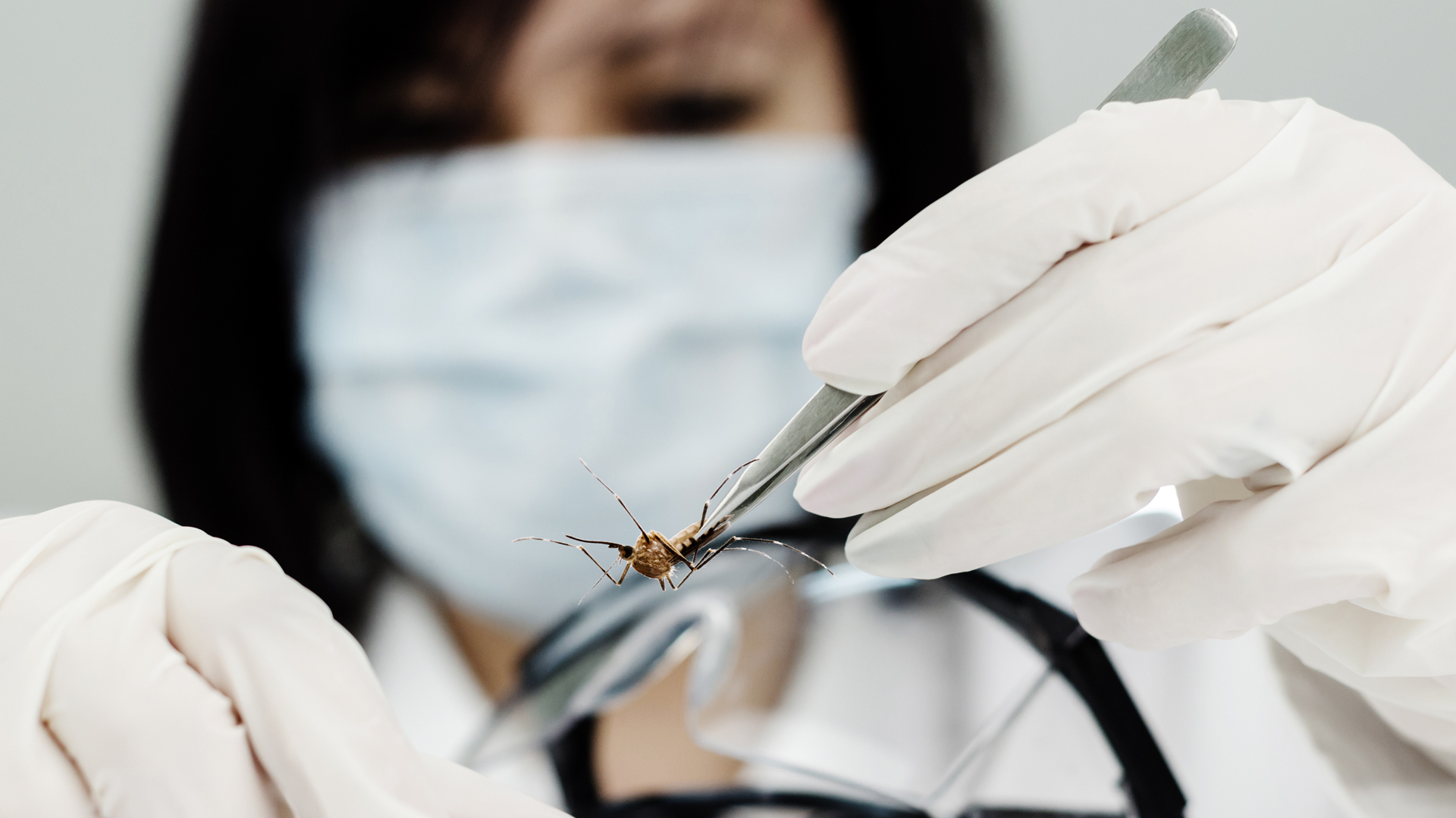
“This dengue vaccine is the first of its kind in the world and is indicated for the prevention of disease caused by serotypes 1, 2, 3 and 4 of the virus in people with previous test-confirmed infection. For these people, vaccination would offer strong and persistent protection against hospitalizations and severe illness due to dengue,” Esquivel said.
And he added: “In Argentina, Dengvaxia was approved in March 2017 by ANMAT with the indication of 9 to 45 years. Subsequently, an updated package insert was released that includes a warning for those who have not had the disease. This update was approved by ANMAT in June 2020. Currently the vaccine is indicated for people from 6 to 45 years old with a previous dengue infection confirmed by a test, with a 3-dose scheme at 0, 6 and 12 months”.
as he could confirm Infobae, In one of the last meetings with the national Ministry of Health to evaluate the vaccines against dengue were representatives of the Butantan Institute of Brazil. There, there is a development that is in Phase III.
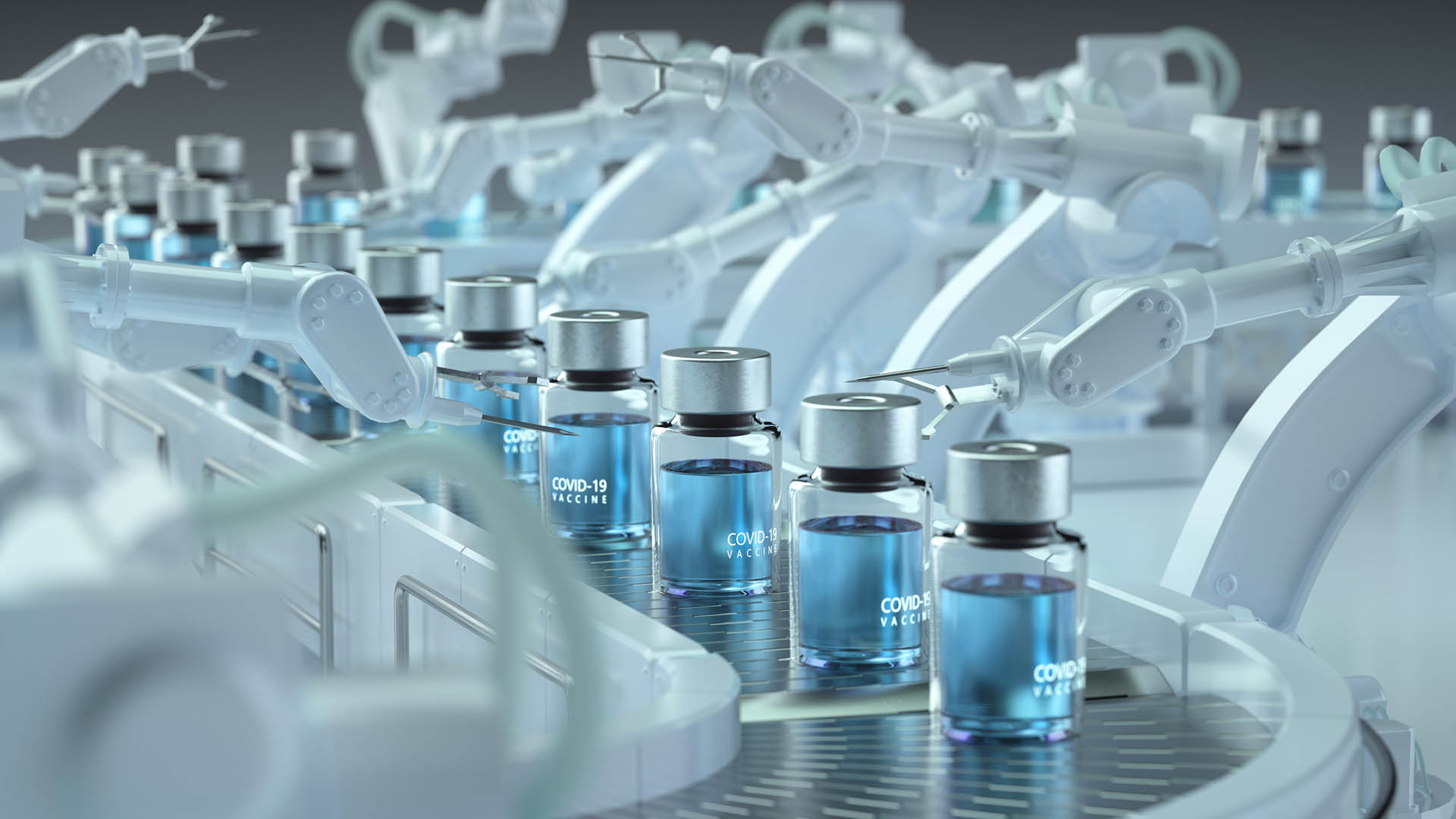
Scientifically named TV003/TV005, this vaccine was produced by the National Institute of Allergy and Infectious Diseases (NIAID) of the United States, which granted production licenses to manufacturers in several countries. One of them was the Butantan Institute, which acquired the TV003 patent and signed a collaboration agreement with the German pharmaceutical company Merck to share clinical data and develop vaccines based on the same formula.
In 2016, Butantan started Phase III involving more than 16,000 volunteers. According to the initial results, which were published in December 2022, the vaccine Butantan-DV, as it was baptized by the institution, showed a overall effectiveness 79.6% to prevent the disease. In a releasefrom the laboratory they reported that there was no “severe dengue cases or with warning signs during the two years of follow-up of the participants.
The Butantan vaccine is quadrivalent and protects against the four serotypes of the virus. “People with and without previous exposure to the dengue virus were included in the research. In participants who had already been infected before the study, the efficacy was 89.2%. In those who had never contracted the disease, the protection was 73.5%”, they detailed from Butantan.
“The results refer to analyzes carried out between February 2016 and July 2021,” they added in the laboratory report, “in which 16 research centers in different regions of Brazil participated, including 16,235 volunteers from 2 to 59 years old, who received a single dose of the vaccine. The incidence of laboratory-confirmed symptomatic dengue cases was observed from 28 days of vaccination up to the second year of follow-up of the individuals. The study will continue until all participants complete five years of follow-up in 2024″.
Keep reading:

